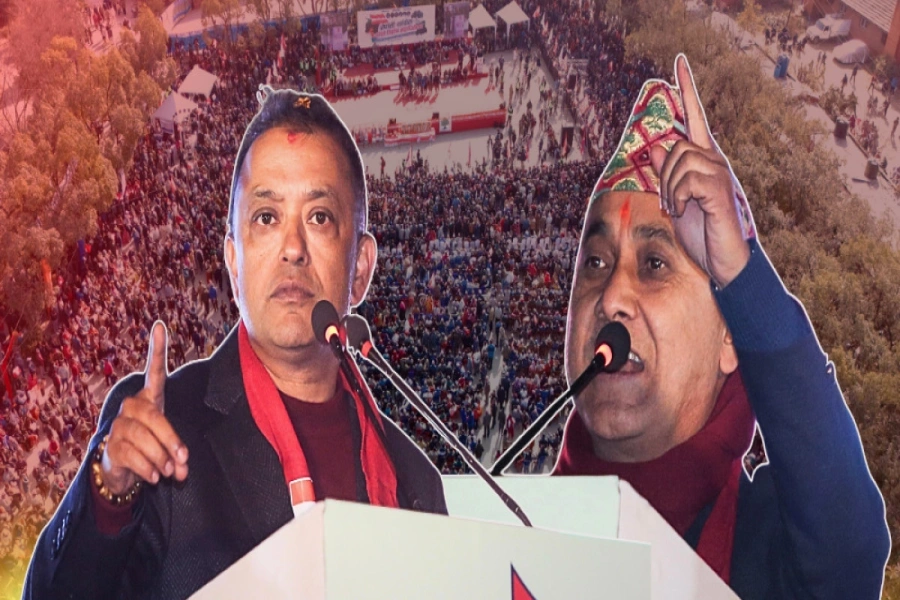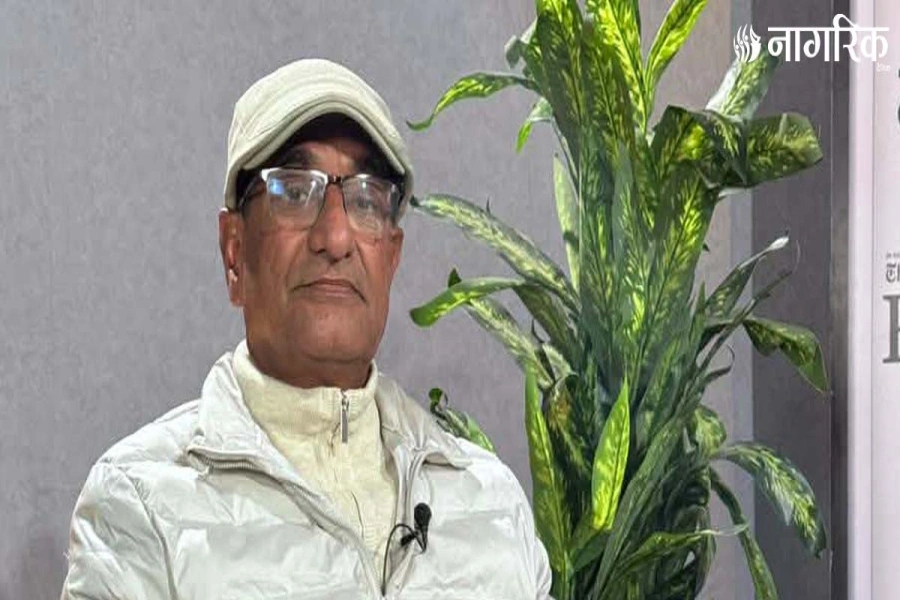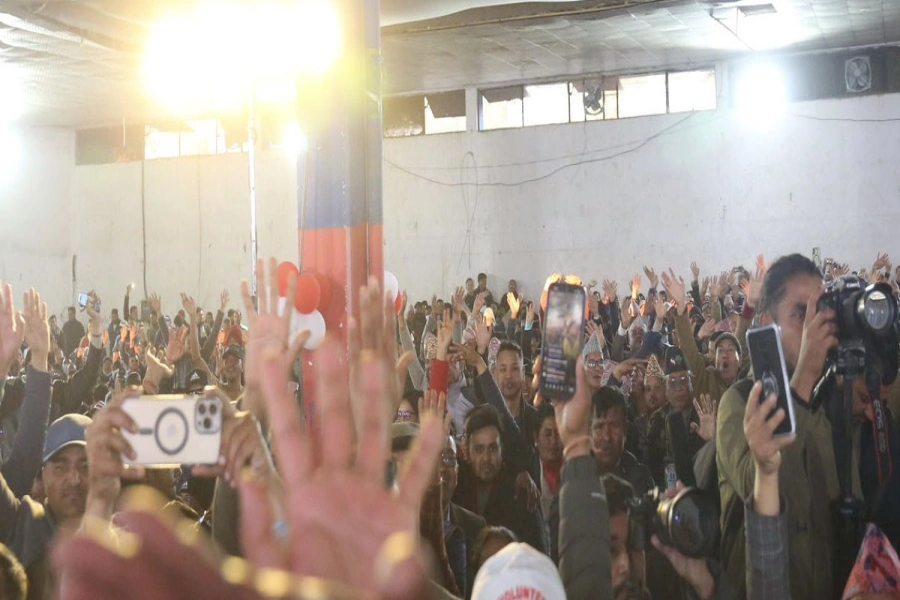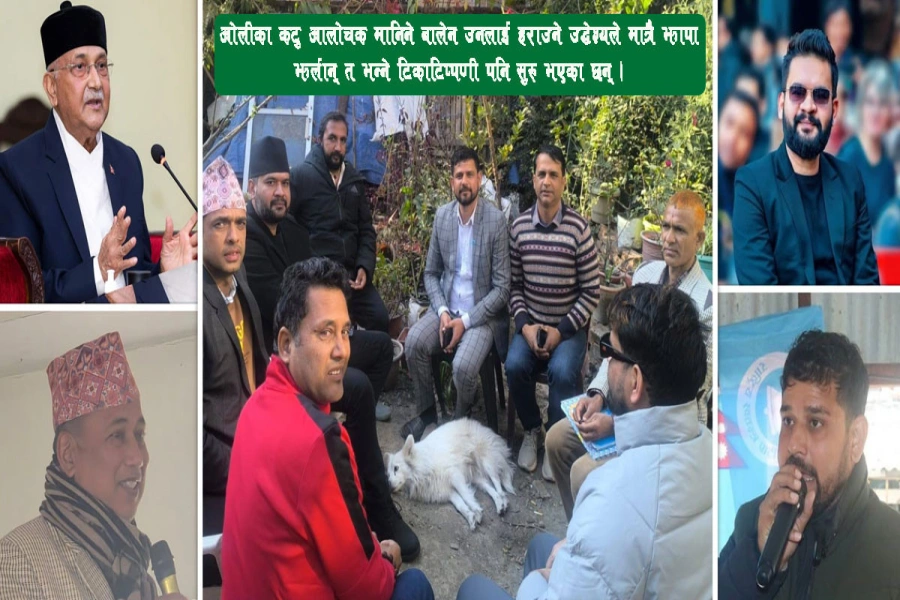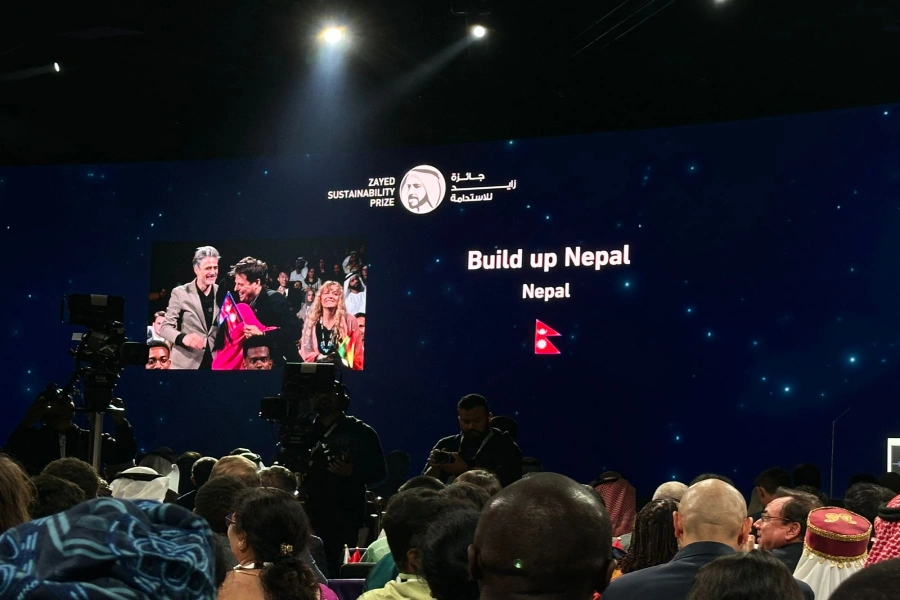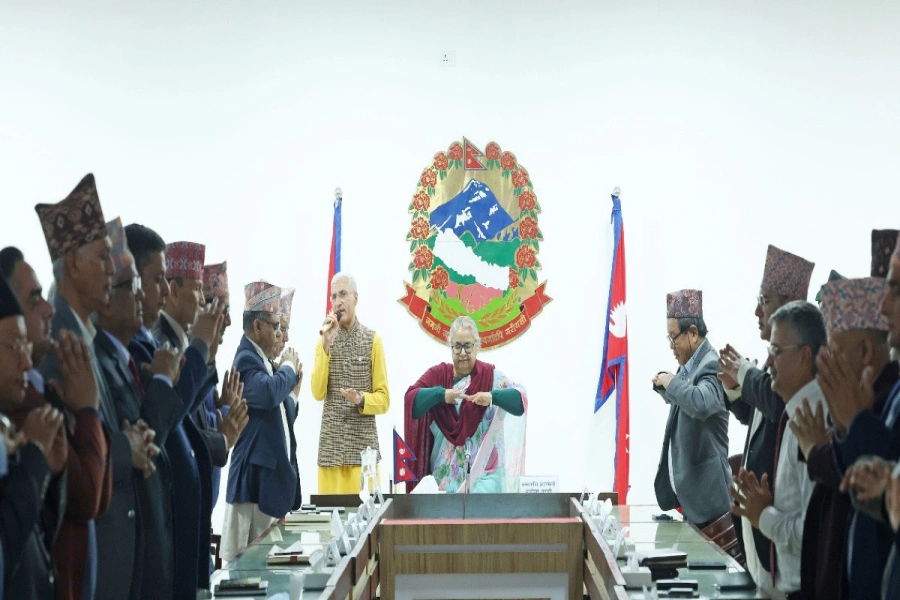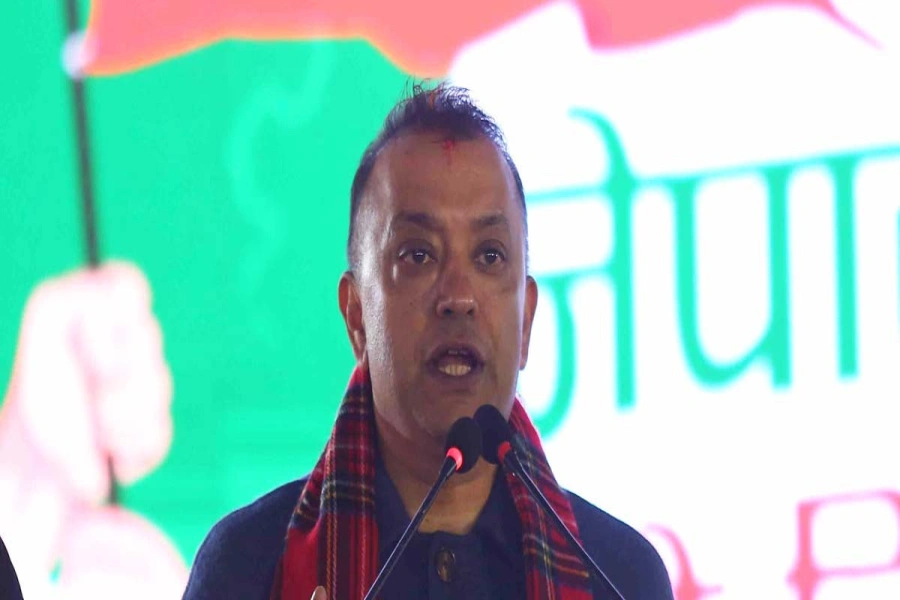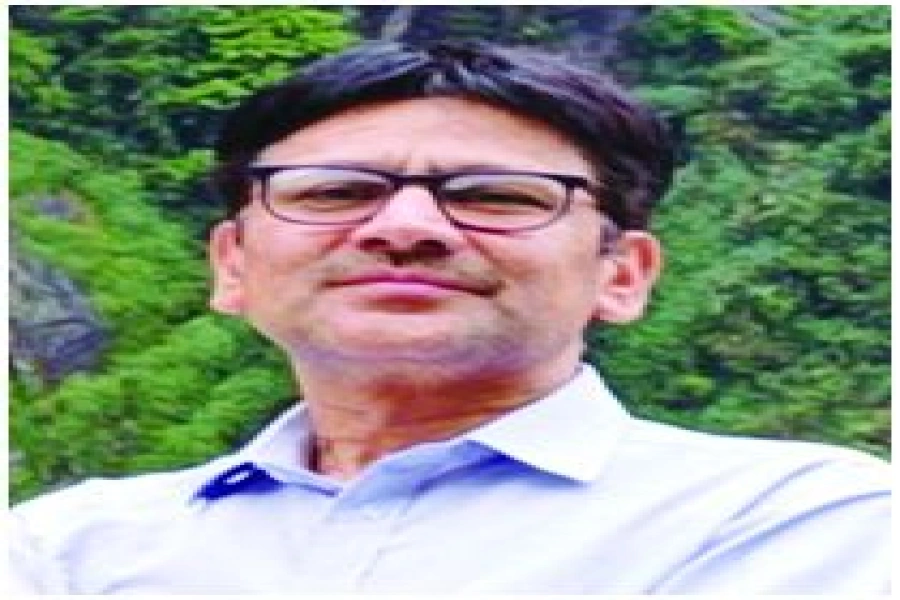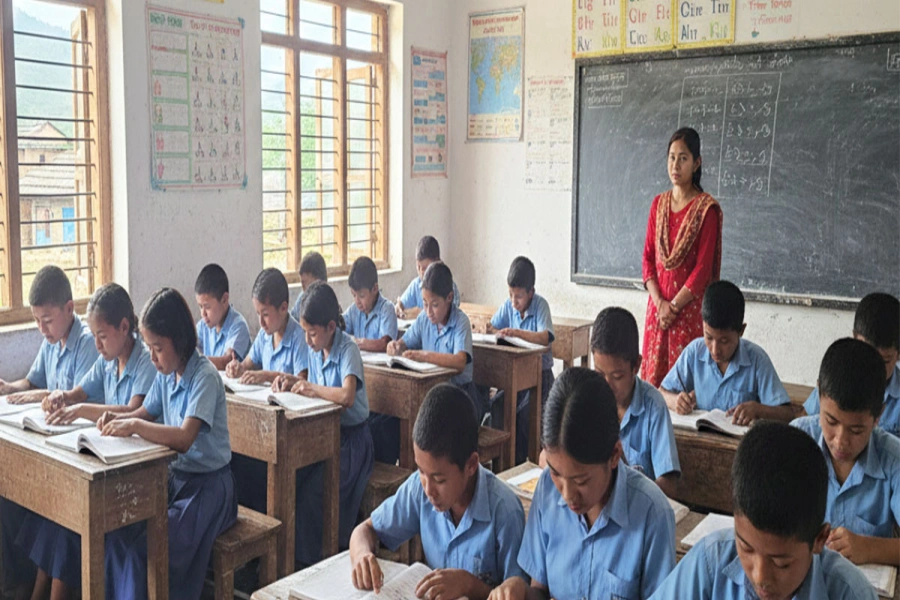The elections held last Saturday in Bajhang for a provincial assembly member and a federal parliamentarian in Ilam have helped to understand where the country's political winds are blowing. The results of this election have also answered the question of which party, ideology, or leader the voters favor, or how much they dislike politics. In particular, this election has reminded us of the real ground situation of each party or individual. It is widely assumed now that Nepali voters are angry with politics. However, the voter turnout was around 49 percent in Bajhang and 57 percent in Ilam, casting doubt on this assumption. Since politics is the mother of all policies that govern the country, it is indispensable for democracy to flourish, even if not all voters are directly involved. From this perspective, this level of voter participation should be viewed as encouraging. Yet, it is equally important to understand why the remaining voters did not participate.
Rastriya Swatantra Party's Dr Wagle leads with a huge margin as...

Recently, there have been arguments suggesting that the days of the old parties are over. Conversely, there were suggestions that newly-formed parties would bring about miraculous change. However, both these claims were rejected by the voters. In the election held for a member of the House of Representatives (HoR), CPN-UML candidate Suhang Nembang has won the election, while UML candidate Daman Bahadur Bhandari has won as the Provincial Assembly member in Bajhang (a). In both the electoral constituencies, Nepali Congress (NC) candidates emerged as the nearest rival to the winners. Although the traditional parties like UML and NC failed to meet the people's expectations, voters in general appear to believe that there is still room for hope. Furthermore, voters rejected the trend of favoring individuals over democratic processes and procedures. They also showed intolerance towards leaders who make popular decisions without considering their long-term impact. Voters have cautioned against politics based on identity, caste, religion, class, or dynasty, while also indicating that identity politics should not be entirely disregarded.
Undoubtedly, NC and UML have often made unforgivable mistakes. It is important to note that voters did not enthusiastically support these old parties; rather, they opted for what they perceived as the lesser of the two evils. As the country seeks to bring economic transformation in the country following a successful political transformation, stability is crucial to achieve this goal. In our context, political stability appears achievable only through major parties like NC and UML working together. An even more effective environment can be established if these two parties collaborate on major issues pertaining to the country's development. It is evident that the expectations shown by voters through their ballots towards these parties are also aspirations for stability. Now, the responsibility of translating these aspirations into reality rests with these major parties. It would be beneficial for everyone to understand the latest results of the by-elections as conveying these crucial messages.



